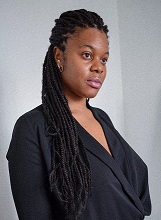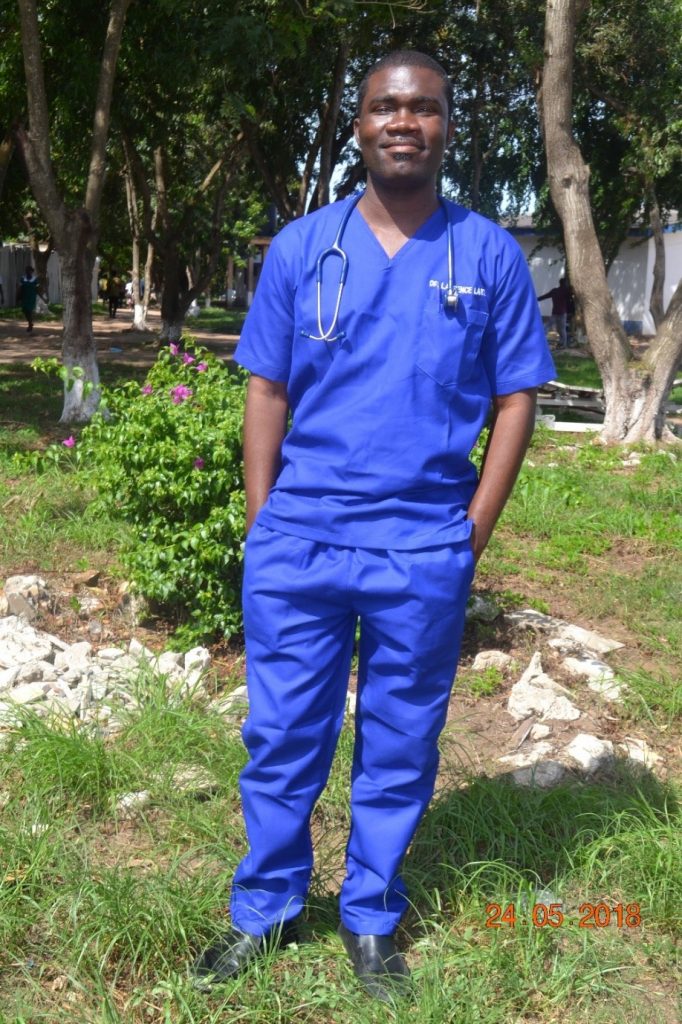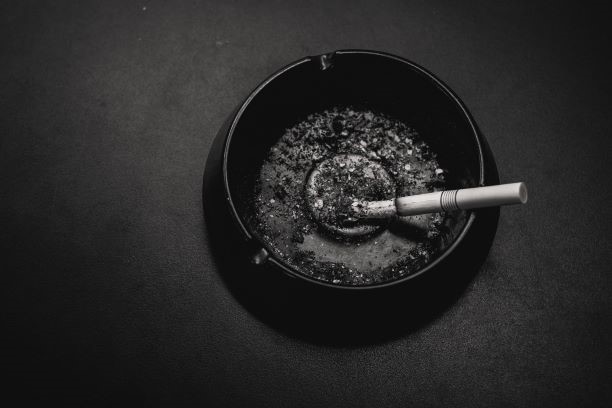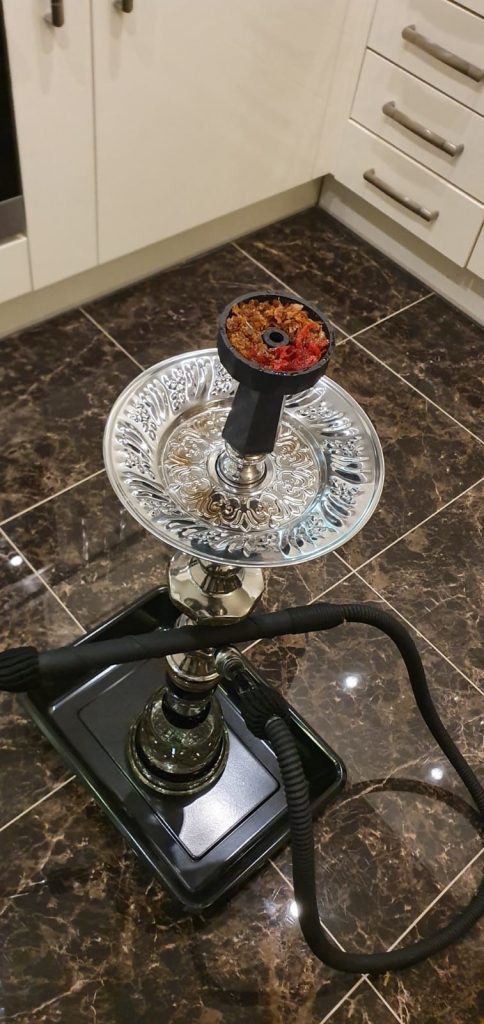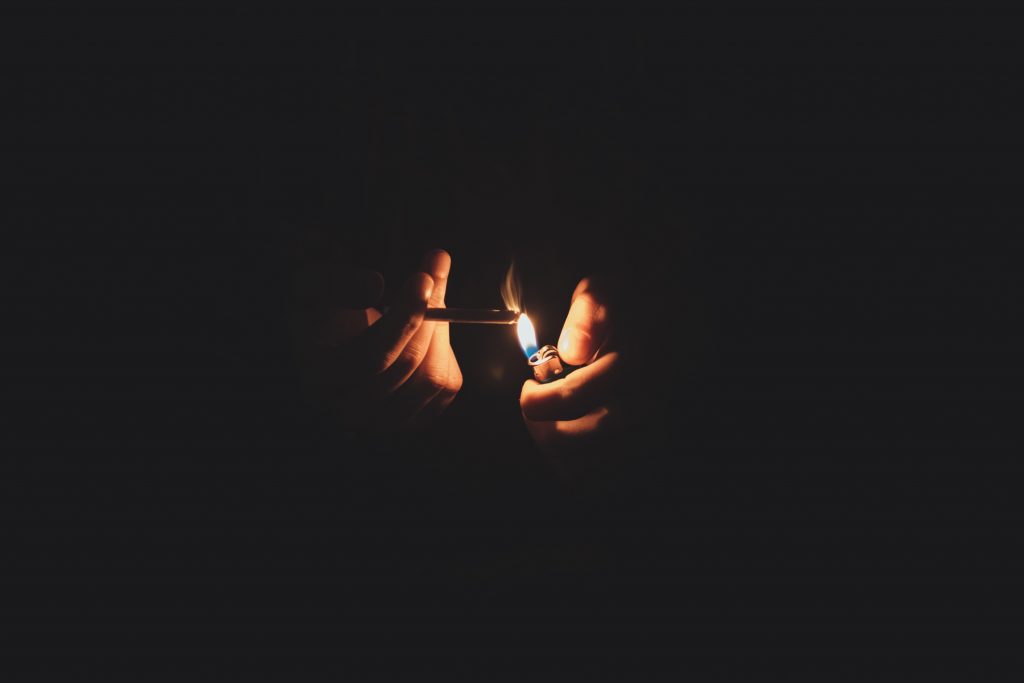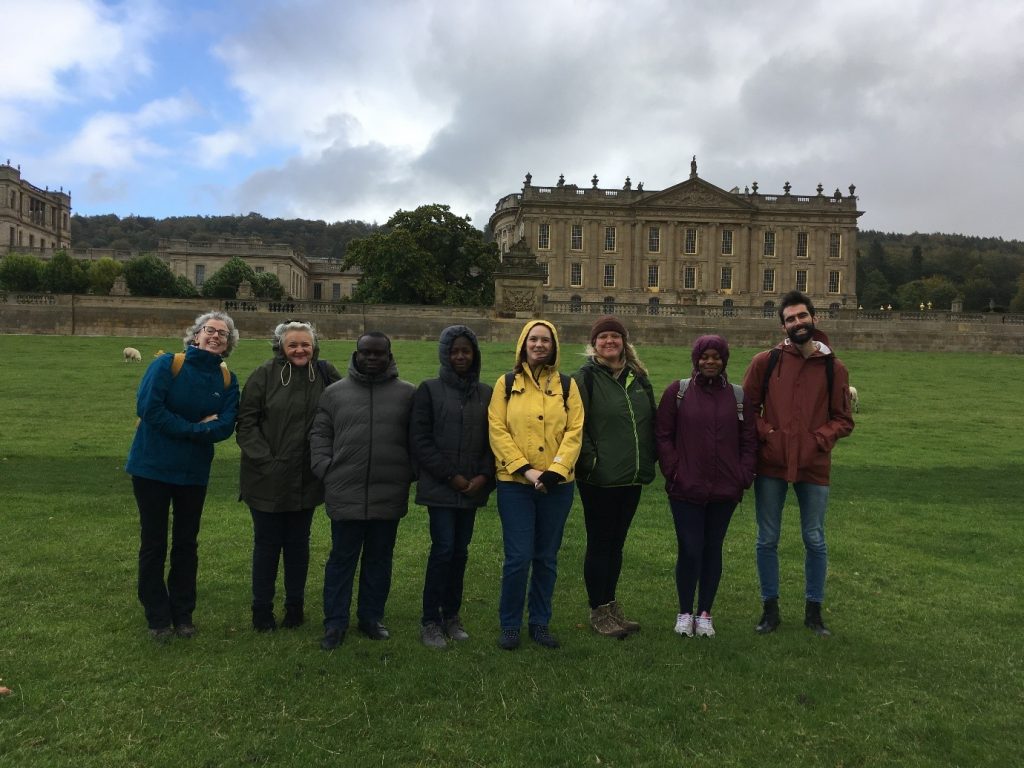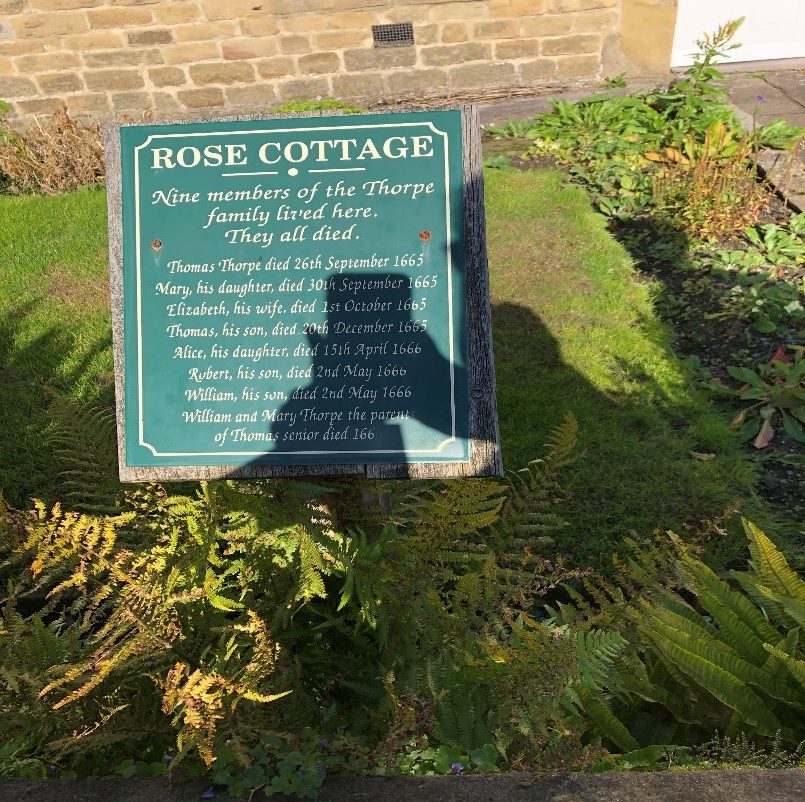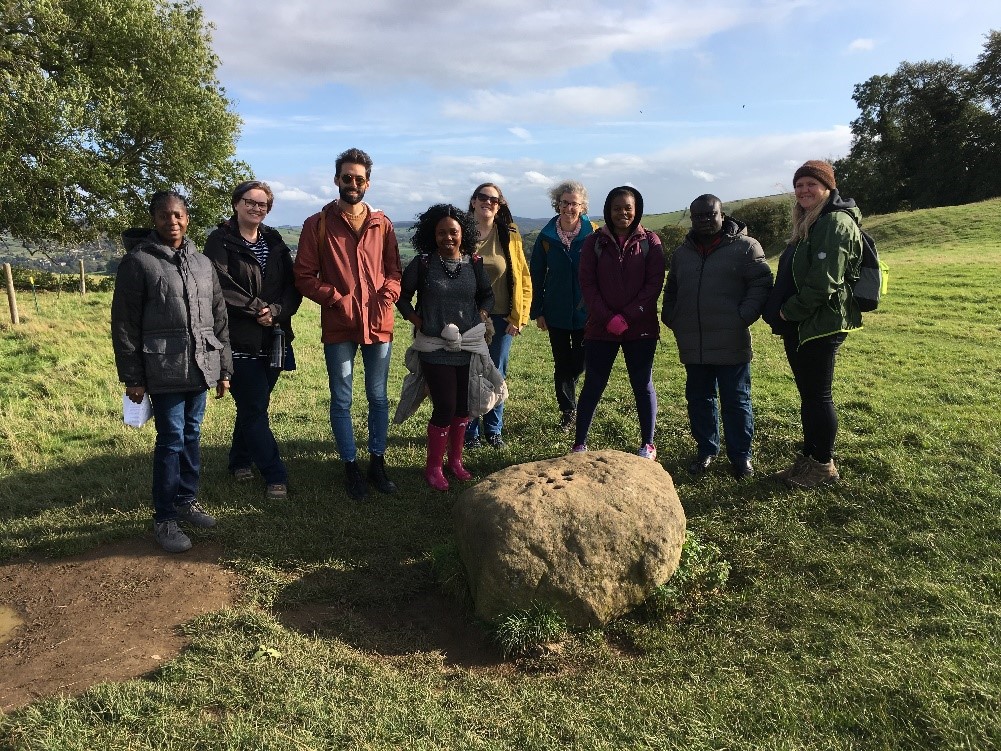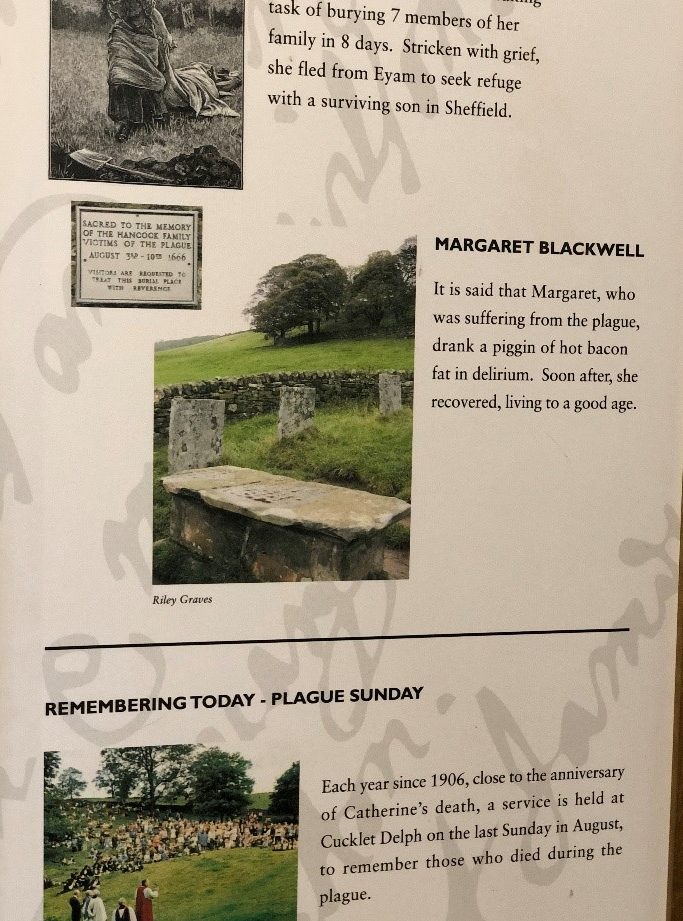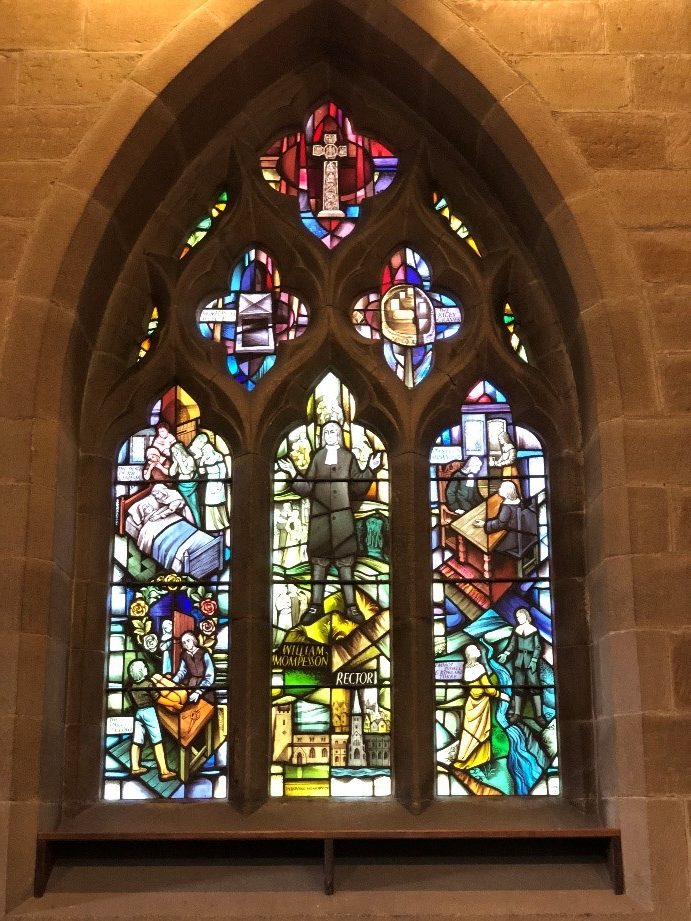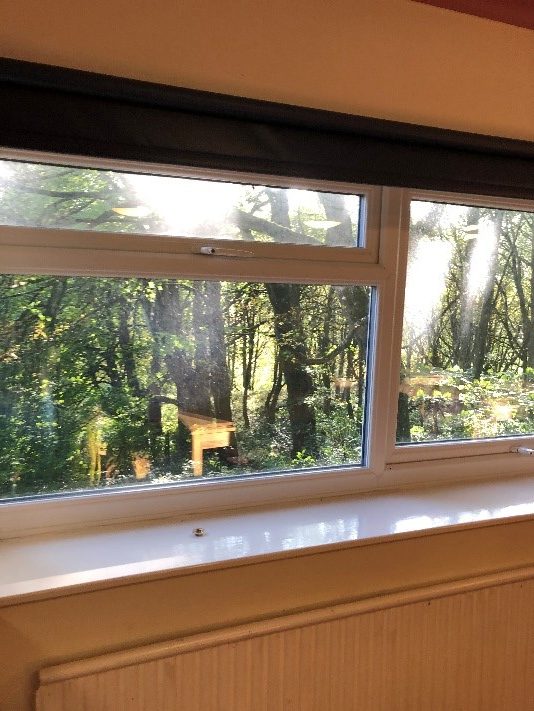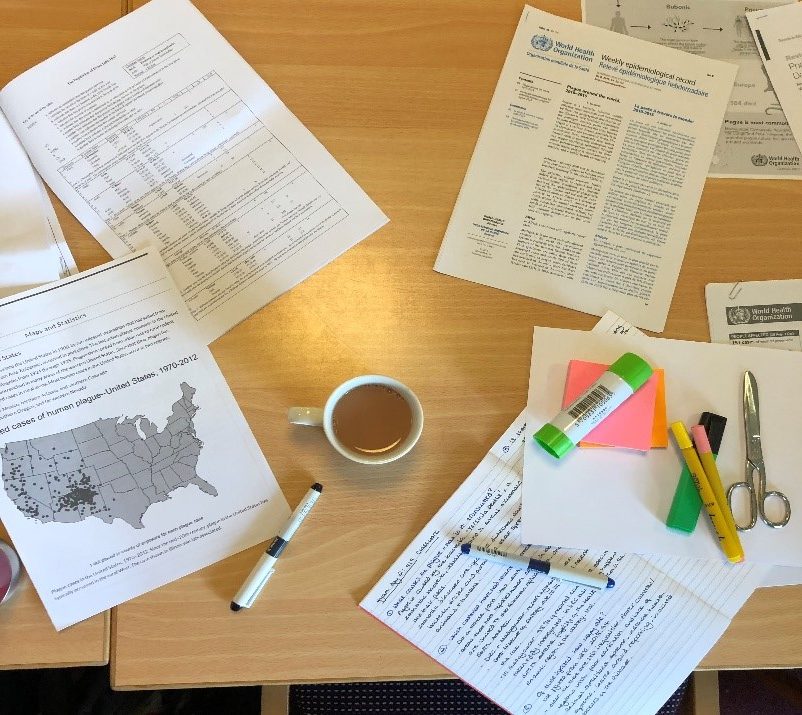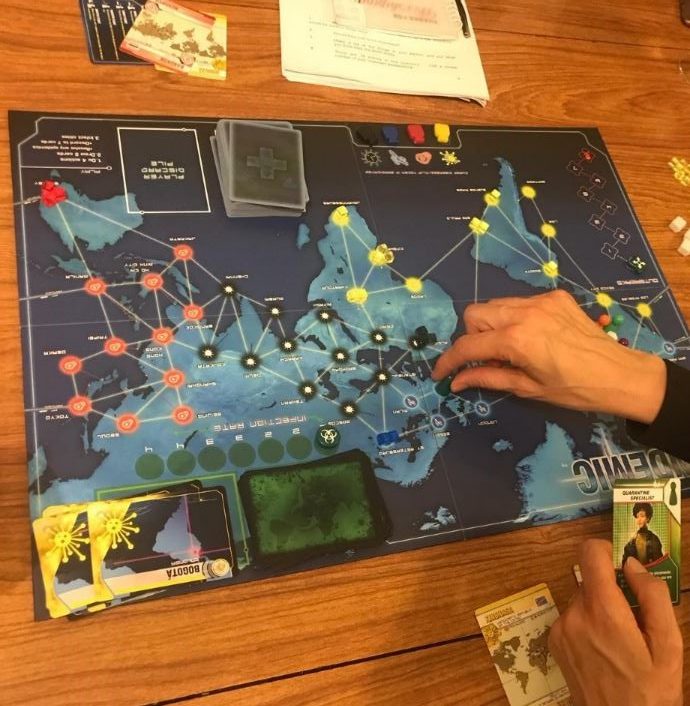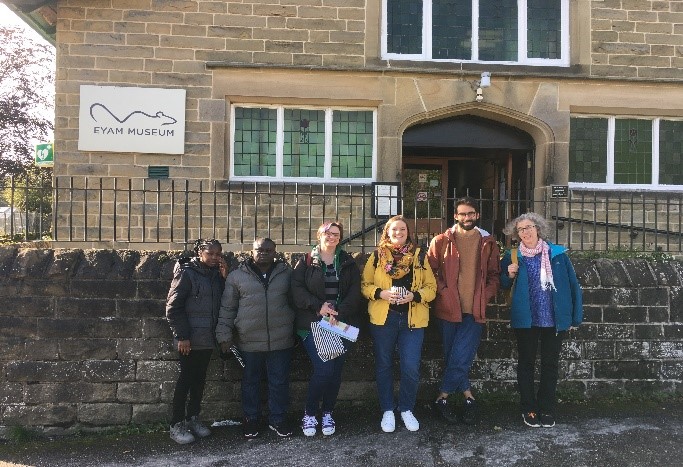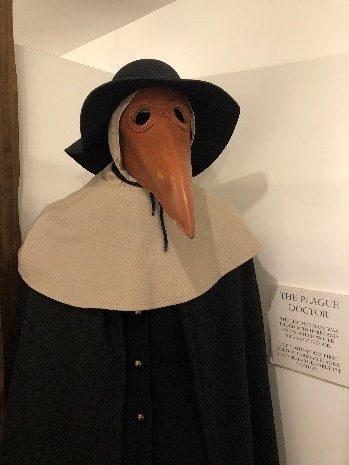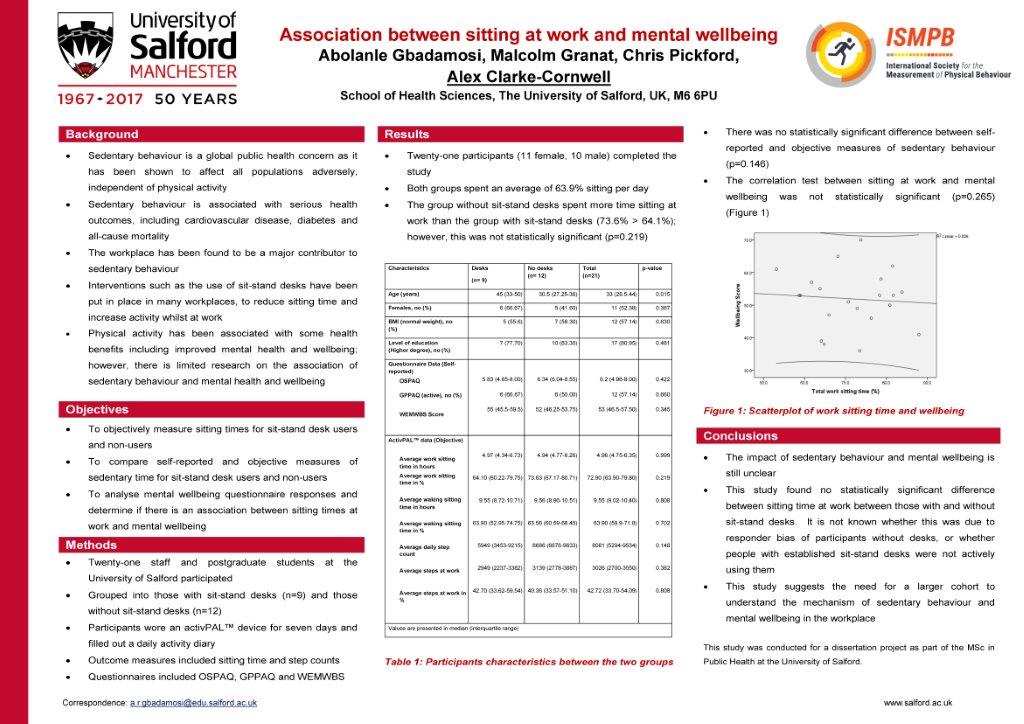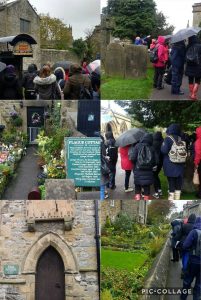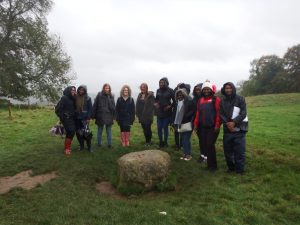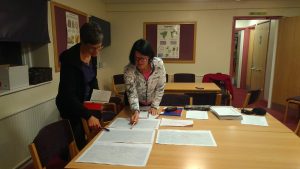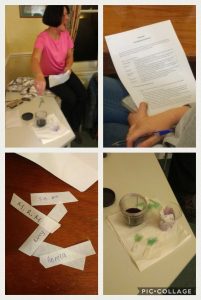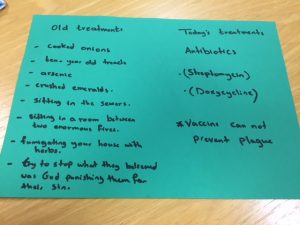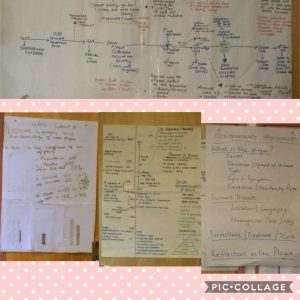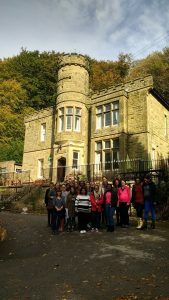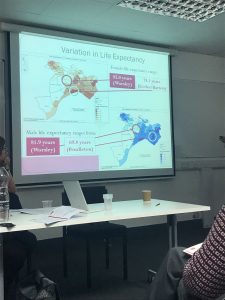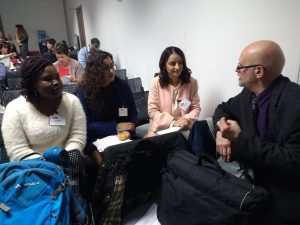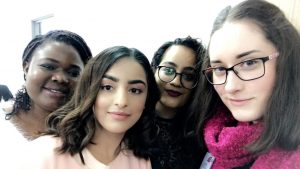Eating and food are important to people and a relationship between nutrition, health and wellbeing has been well established. Work is a source of social contact and prestige, as well as providing economic opportunities to pursue healthy choices, while work cultures, schedules, and patterns have a major impact on our eating behaviours. My PhD study explores nutrition knowledge and behaviour amongst construction workers in the UK. This is of particular importance, given that approximately 7% of the UK workforce are employed in the construction industry, and also the high level of work-related ill health in this group. Additionally, in construction, long working hours, high pressure working environments, remote site locations and long commutes make healthy food choices challenging.
This project is the first UK study exploring the effectiveness of a workplace intervention on nutrition knowledge and behaviour amongst employees in the construction industry. For my PhD, which is supervised by Dr Margaret Coffey and Dr Anna Robins, I am designing, developing and evaluating a participatory nutrition intervention, with the purpose of improving the health and wellbeing of construction workers. The first (exploratory) phase of the project, informed the next phases, including the questionnaire development, and intervention design. Focus groups with construction workers and managers took place on three different sites exploring their nutritional practices and eating habits, as well as to identify barriers and facilitators to healthy nutritional choices in the workplace. I investigated perceptions of current health strategies and ways to facilitate healthy nutritional choices amongst construction workers.
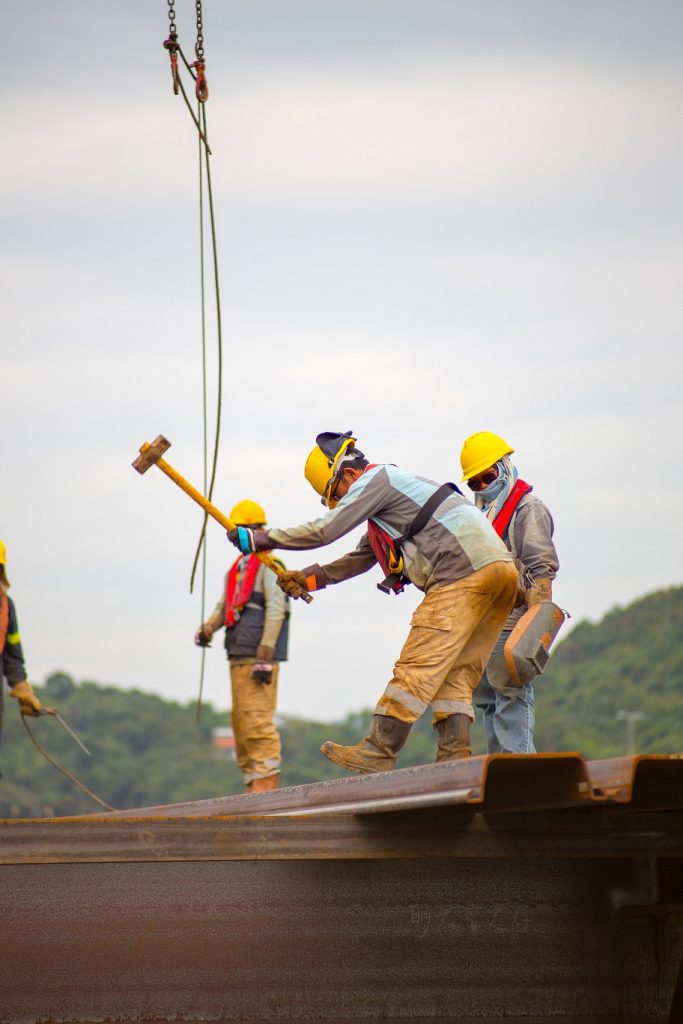
These are some of the things that construction workers told me during my research, which illustrate some of the challenges of achieving a healthy diet for workers in this industry:
“They’ll pick up the fizzy drink or an energy drink. So you smash an energy drink, I’ve seen it on other sites, up the river, people don’t even have lunch sometimes, they’ll just have an energy drink just to get through the day, which, yes, that’s suits me but it’s just full of sugar, it’s absolutely packed”
“I’ll maybe go to the Grub’s Up van that comes around and get rice and chicken covered with cheese. It tastes good, but I know it’s slowly killing me”
“By the time I get home I really can’t be bothered cooking”
“If we’re in B&Bs, which several of us have been at various times over this project, there’s nowhere to store food, no fridges or microwaves”


